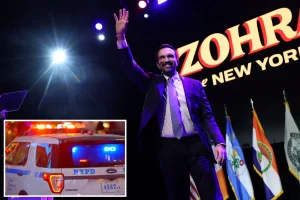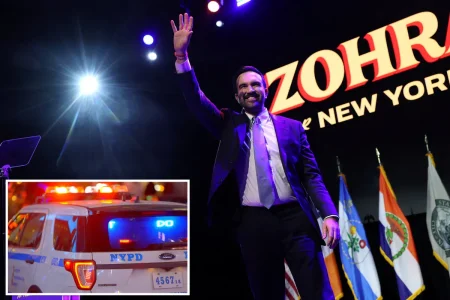The unprecedented accusation of insurrection against a sitting president has thrown the nation into uncharted political waters, raising profound questions about the future of the presidency and the country’s democratic foundations. The possibility of arrest, a first for a sitting head of state, adds another layer of complexity to an already tense political landscape. Understanding the implications of this historic situation requires delving into the legal and constitutional frameworks surrounding presidential power, immunity, and the process of impeachment and removal from office. The potential consequences range from political censure and limitations on future office-holding to criminal prosecution and imprisonment, each carrying significant ramifications for the political system and the balance of power.
The president’s political future now hinges on the complex interplay of legal proceedings, public opinion, and the actions of various political actors. The legal process, which may involve impeachment in the legislature followed by a trial in the Senate, requires establishing sufficient evidence to convince a supermajority of senators of the president’s guilt. Simultaneously, public perception will play a crucial role, influencing the political calculations of elected officials and potentially shaping the outcome of any legal proceedings. The president’s own political maneuvering, including his defense strategy, public pronouncements, and efforts to rally support, will also significantly impact his chances of survival and the shape of his political legacy. Furthermore, the actions of his political party, opposition parties, and influential figures in the media and civil society will all contribute to the unfolding drama, shaping the narrative and influencing the course of events.
The potential consequences of an insurrection charge, if proven, are far-reaching and unprecedented. Removal from office through impeachment would be the most immediate and impactful outcome, permanently disqualifying the president from holding future federal office. This would represent a dramatic shift in the political landscape, potentially leading to a power vacuum and a struggle for control within the ruling party. Beyond removal, the president could face criminal charges related to inciting or participating in the insurrection. A criminal conviction could lead to imprisonment and further tarnish the president’s reputation, solidifying his place in history as a leader who betrayed the trust of the electorate and undermined democratic institutions.
Beyond the immediate legal and political consequences, the accusations against the president have the potential to reshape the political landscape in profound ways. The charges could further polarize the nation, exacerbating existing divisions and creating an environment of heightened political instability. The erosion of public trust in the presidency and government institutions, already a significant concern, could deepen, leading to increased cynicism and disengagement from the political process. The events could also trigger a period of introspection and reform, with calls for stricter regulations on presidential power, enhanced protections for democratic institutions, and greater accountability for elected officials. The outcome will depend, in part, on how political leaders, the media, and the public respond to this unprecedented challenge to the democratic order.
The president’s defense strategy is likely to involve a multi-pronged approach, challenging the legitimacy of the accusations, questioning the motives of his accusers, and rallying his base of support. Legally, the president’s team will likely dispute the evidence presented, argue against the interpretation of relevant laws and constitutional provisions, and raise procedural objections to the process. Politically, the president may seek to portray the accusations as a politically motivated witch-hunt designed to undermine his presidency and prevent him from achieving his policy goals. He might also attempt to mobilize his supporters by casting himself as a victim of a corrupt and biased system, thereby further deepening political divisions and solidifying his base.
The long-term implications of this situation extend far beyond the fate of the current president. The case will likely serve as a crucial precedent, shaping future understandings of presidential power, accountability, and the limits of permissible political conduct. The outcome will influence how future presidents exercise their authority, how Congress responds to potential abuses of power, and how the public perceives the presidency and its relationship to democratic principles. It may also lead to reforms in campaign finance laws, electoral processes, and other areas of governance, as the nation grapples with the implications of this unprecedented challenge to the rule of law and the integrity of democratic institutions. The current crisis presents an opportunity for the country to reaffirm its commitment to democratic values and to strengthen the safeguards that protect against future threats to the constitutional order. The path forward will require careful consideration, thoughtful debate, and a willingness to address the underlying factors that contributed to this crisis.










